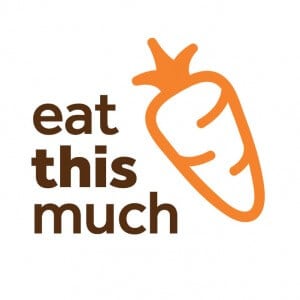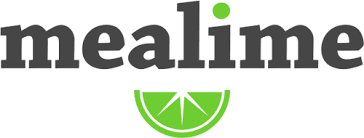
Show and Tell by Fari Valji, MD
 A patient, let’s say “John,” I saw in Behavioral Health Clinic for non-specific food aversion and anxiety and whose labs and imaging were fine walked into my exam room the next day. He was symptomatically improved but hadn’t eaten solid food in a week. Not knowing where to start, I ventured with “before your cholecystectomy, what kind of things were you eating that you thought were healthy?” Very carefully John said “well, I go to Trader Joe’s to buy salmon.” Lightbulb. Turns out he doesn’t buy anything else, “what else is healthy there, doctor?”. I quickly moved through clinic to retrieve my lunch from the fridge. John had never heard of hummus and was thrilled when I told him he could dip any raw vegetable he liked. We walked through the store in our minds’ eye, and John wrote down different fridge and frozen varieties that met his diet goals. He took pictures of my lunch and said he would buy those things as soon as he left. This “real world” exchange helped my patient, John, feel more in charge of his health and gave me unmeasurable joy that I could make a difference by sharing my simple lunch time finds.
A patient, let’s say “John,” I saw in Behavioral Health Clinic for non-specific food aversion and anxiety and whose labs and imaging were fine walked into my exam room the next day. He was symptomatically improved but hadn’t eaten solid food in a week. Not knowing where to start, I ventured with “before your cholecystectomy, what kind of things were you eating that you thought were healthy?” Very carefully John said “well, I go to Trader Joe’s to buy salmon.” Lightbulb. Turns out he doesn’t buy anything else, “what else is healthy there, doctor?”. I quickly moved through clinic to retrieve my lunch from the fridge. John had never heard of hummus and was thrilled when I told him he could dip any raw vegetable he liked. We walked through the store in our minds’ eye, and John wrote down different fridge and frozen varieties that met his diet goals. He took pictures of my lunch and said he would buy those things as soon as he left. This “real world” exchange helped my patient, John, feel more in charge of his health and gave me unmeasurable joy that I could make a difference by sharing my simple lunch time finds.
 John was invested, but he needed tools to help him succeed. This set me on a search for how to counsel my patients who have limited time, resources, and nutrition knowledge about how to grocery shop and meal prep. I’m sure it is no surprise that there’s more than one app for that. Eat This Much and Mealime are two meal planning apps that stood out with avid internet recommendations and some user testing (n=1, family medicine resident scheduled for a follow up appointment with a patient in need of diet counseling). Eat This Much allows you to pick a diet - vegetarian, Mediterranean or ketogenic, or a calorie requirement - and then it will suggest a meal a day along with the ingredients needed and the recipe. Similarly, Mealime has a treasure trove of easy recipes with grocery lists meant for those with limited time to spend on cooking. It’s easy for providers to suggest eating healthy to our patients but many times this is an insurmountable task for them. But with tangible tools that we can provide, in addition to our counseling about the DASH or Mediterranean diet, we give our patients more confidence to take the first step toward taking charge of their health.
John was invested, but he needed tools to help him succeed. This set me on a search for how to counsel my patients who have limited time, resources, and nutrition knowledge about how to grocery shop and meal prep. I’m sure it is no surprise that there’s more than one app for that. Eat This Much and Mealime are two meal planning apps that stood out with avid internet recommendations and some user testing (n=1, family medicine resident scheduled for a follow up appointment with a patient in need of diet counseling). Eat This Much allows you to pick a diet - vegetarian, Mediterranean or ketogenic, or a calorie requirement - and then it will suggest a meal a day along with the ingredients needed and the recipe. Similarly, Mealime has a treasure trove of easy recipes with grocery lists meant for those with limited time to spend on cooking. It’s easy for providers to suggest eating healthy to our patients but many times this is an insurmountable task for them. But with tangible tools that we can provide, in addition to our counseling about the DASH or Mediterranean diet, we give our patients more confidence to take the first step toward taking charge of their health.